The Involvement of the Communist Political Police- the Securitate in Econom
After 1948, the Romanian communist state seized all enterprises and became the sole owner of Romanian economy

Steliu Lambru, 11.04.2016, 13:35
After 1948, the Romanian communist state seized all enterprises and became the sole owner of Romanian economy, in keeping with the Marxist — Leninist ideology. Moreover, the state became the producer, administrator, supplier and trader, and service provider, the single competitor on a practically non-existing market.
As the consolidation of the regime depended on the economy, the Romanian Communist Party, following the Soviet model, saw economy as its top priority, and the Securitate, the then political police, was assigned the task of monitoring the economy. In all decrees and laws issued by the state, the role of the Securitate was described as follows: “to learn about, prevent and eliminate any action meant to undermine the national economy and prejudice the state security.”
Liviu Taranu, a researcher with the National Council for the Study of the Securitate Archives, will tell us now what the economic structures of the political police were: “Always in direct connection with the party apparatus, the Securitate received various missions related to the economy. The structure that supervised all economic activities between 1950 and 1970 was the Counter-Sabotage Directorate, which between 1970-1980 functioned as the 2nd Economic Counterintelligence Directorate. It was not the only structure with such responsibilities. There were many others, such as, for instance, the 1st Domestic Intelligence Directorate, the Foreign Counterintelligence Department, which became the Foreign Intelligence Centre after 1978, and other independent bodies, such as the Independent Foreign Trade Service or the famous Dunarea Foreign Trade Enterprise.”
The Securitate used its own methods to deal with economic matters, which were always closely linked with political strategies.
Liviu Taranu: “In 1989, in an article published in the Securitatea magazine, the head of the 2nd Economic Counterintelligence Directorate, general Emil Macri, said that the structure he was heading was quite active, and it was the clearest evidence that the Party used the Securitate in the economy as well, depending on the political priorities of the Communist Party and its leadership. The Securitate had its own modus operandi, using specific information and operation methods: the setting up of information networks, surveillance networks, searches, detaining, arrests, informative investigations, correspondence interception, phone tapping, etc. The Securitate met its economic obligations by using its own means. Between 1970 and 1980, the main goal of that activity was prevention, very important to dictator Nicolae Ceausescu and the Securitate chiefs. Preventive measures consisted mainly in warnings and the dismantling of various groups.”
Despite the actions carried out by the Securitate, Romania’s economy was going from bad to worse. Here is Liviu Taranu again: “Starting with the 1970s and predominantly in the 1980s, when the economic crisis started to deepen, the 2nd Directorate took over the responsibility to equally supervise Romania’s industrial and agricultural output, both with respect to quantity and quality. Most attention was being paid to export. In the 1980s, the authorities needed to know why the production goals had not been reached, or why certain installations were not properly used and who were the people responsible for those things. So, what happened was that in the 1980s, the Securitate became the main supervisor in the economy. It was also the supervisor of the cooperation relations that had to exist between the various industrial units, but which did not exist because of the existing deadlock. The lack of coordination between enterprises, the major delays in product delivery, the poor quality of most of the products, a blocked procurement process and the failure to meet the objectives set in the annual plan were top issues for the Economic Counterintelligence Directorate.”
Studies have revealed many flaws in the system and a psychological deterioration of human resources. Liviu Taranu: “There was also another side of the Economic Counterintelligence Directorate, namely that of supervising the technological modernization programs used by the large industrial companies. That included the surveillance of scientific research, design and technological engineering institutes, which were always blamed, in particular by the Securitate heads, for the flaws in the manufacturing of the Romanian products. It was not the manufacturing but the design of products that was considered bad. Officers with the 2nd Directorate knew that design flaws were the main reasons why the quality of products was bad, and bad manufacturing accounted for only 5 up to 10% of the problem.”
No matter how feared the Securitate was, that could not save the Romanian economy from collapsing in 1989. It was quite clear that the will of a tyrannical regime could not surpass the elementary logic of economic principles or the people’s wishes and expectations.






























